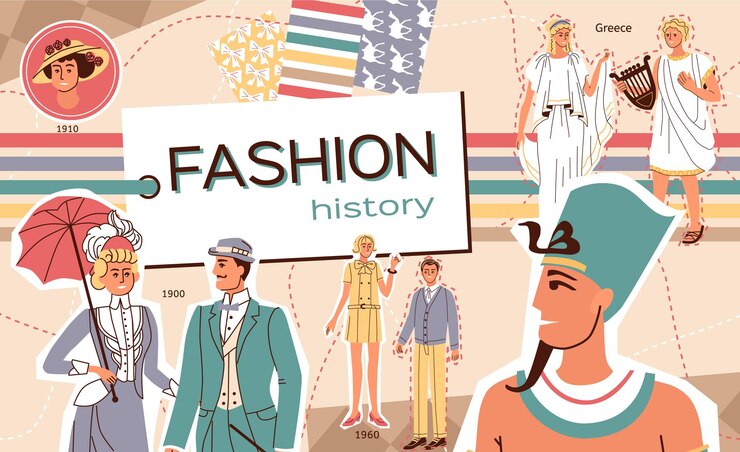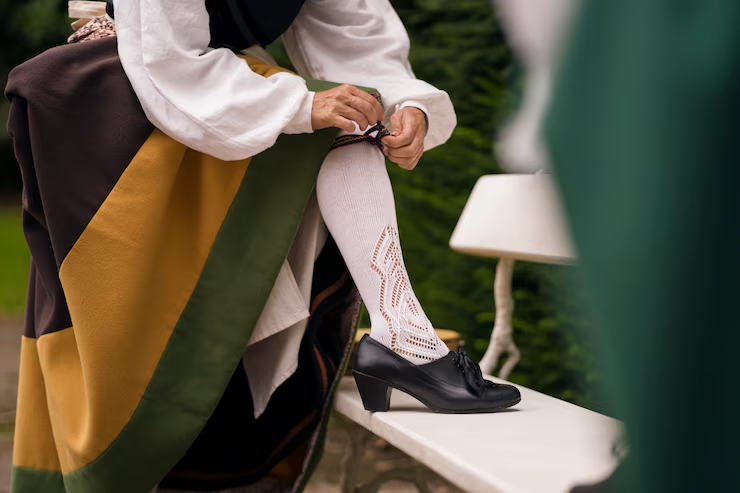Table of contents
When we think of high fashion, glamour, and global trends, Fashion Week instantly comes to mind. But have you ever wondered where it all began? The History of Fashion Week is a fascinating journey through time, style, and cultural shifts. From its early roots in Paris to becoming a worldwide phenomenon, Fashion Week continues to shape what we wear, how we shop, and even how we think about fashion itself.
In this post, we’ll explore the History of Fashion Week, how it evolved into the powerhouse it is today, and why it remains one of the most influential platforms in the fashion industry.
The Origins of Fashion Week

The History of Fashion Week dates back to the early 20th century. While Paris is often credited as the birthplace of modern fashion shows, it was actually New York that hosted the first organized “Fashion Week” in 1943. During World War II, fashion publicist Eleanor Lambert launched “Press Week” in New York to divert attention from French fashion, which was inaccessible due to the war.
This event laid the groundwork for what we now call Fashion Week — a biannual showcase where designers present their upcoming collections to media, buyers, and influencers.
Fashion Week Expands to the Global Stage

After New York’s successful run, cities like Paris, Milan, and London followed suit, eventually forming the globally recognized “Big Four”:
- New York Fashion Week (NYFW)
- Paris Fashion Week (PFW)
- Milan Fashion Week (MFW)
- London Fashion Week (LFW)
These events became not only showcases of creativity but major economic contributors and cultural landmarks. The History of Fashion Week evolved as designers began to push creative boundaries, reflect political and social climates, and influence mainstream retail.
Digital Evolution and Social Media’s Role

Fast forward to the 21st century, and the History of Fashion Week experienced another pivotal shift — the rise of digital media. Live-streamed runway shows, influencer front rows, and Instagram-ready moments have transformed how we consume Fashion Week.
Now, what once was an exclusive event for industry insiders is accessible to fashion lovers around the world. This democratization of fashion has not only broadened reach but also redefined what makes a brand successful.
Fashion Week’s Modern-Day Influence

The History of Fashion Week is not just about events — it’s about impact. Today, these global shows influence:
- Seasonal trends
- Retail buying decisions
- Sustainability conversations
- Diversity and inclusion in fashion
- Emerging designer recognition
In recent years, sustainability and ethical practices have become hot topics during Fashion Week, with many designers showcasing eco-friendly collections and inclusive runway casting.
Notable Moments in the History of Fashion Week

Here are some standout events that changed the game:
- 1994: Alexander McQueen’s theatrical runway shows wowed the world.
- 2009: Burberry streamed its show live for the first time, reaching global audiences.
- 2016: Gucci’s gender-fluid collections broke traditional norms.
- 2020: Digital-only shows due to COVID-19 marked a historical pivot in the History of Fashion Week.
FAQs About the History of Fashion Week
Fashion Week started in 1943 in New York under the name “Press Week,” created by Eleanor Lambert.
The most renowned cities include New York, Paris, Milan, and London — collectively known as the “Big Four.”
From exclusive in-person events to digital showcases and influencer participation, Fashion Week has become more inclusive, sustainable, and tech-driven.
Fashion Week sets the tone for seasonal trends, provides exposure for designers, and influences retail decisions globally.
While traditionally invite-only, many shows are now livestreamed, and some offer public access via ticket sales or online platforms.
Final Thoughts
The History of Fashion Week is a vibrant, evolving tale of creativity, culture, and commerce. From wartime necessity to a digital-first spectacle, it remains a cornerstone of the global fashion industry. Whether you’re a designer, buyer, influencer, or style enthusiast, Fashion Week continues to shape what we wear and why we wear it.
So, the next time you see a model strutting down the runway or spot a trend on Instagram, remember — you’re witnessing the legacy of decades of innovation, artistry, and transformation in the world of fashion.





